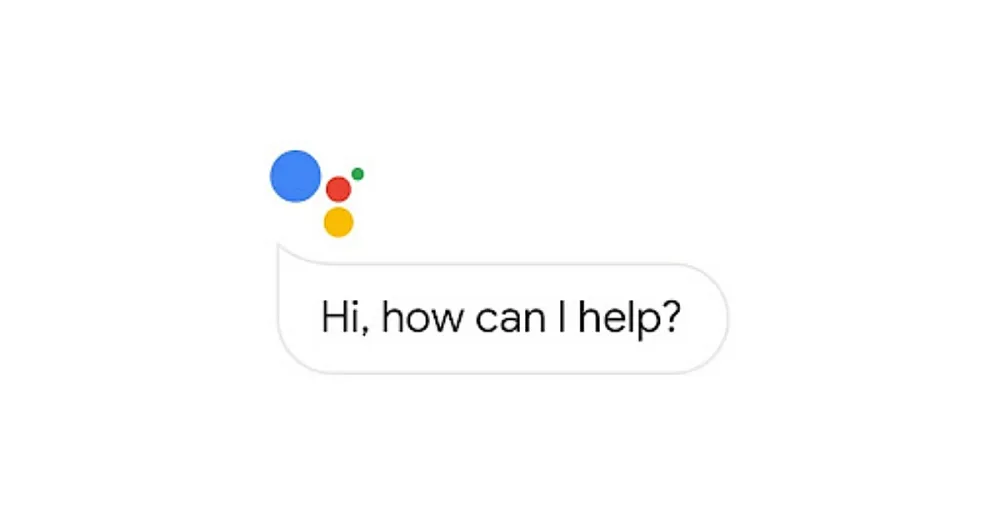Google also plans to bring generative AI to digital assistants
Following the announcement at Google I/O 2023 of an expanded focus on autoregressive artificial intelligence technology and the official launch of the AI service ‘Bard’, Google is poised to restructure the existing digital assistant service, Google Assistant. Leveraging autoregressive AI will enable this digital assistant service to become more intelligent while fostering a heightened sense of interactive personability.
Prior to this, reports suggested that Google had internally reshuffled the Google Assistant digital assistant service division, with the autoregressive AI chatbot ‘Bard’ becoming the main development focus in the future.

Historically, Google has placed considerable emphasis on the Google Assistant digital assistant service, continuously enhancing the natural voice interaction mode from the earlier Google Now. This effort extended to recent years when they began employing the LaMDa natural language model, allowing the search engine to comprehend natural language content more accurately. This assists users in finding more appropriate solutions to their queries online. Furthermore, Google proposed the second-generation natural language model, LaMDa 2, at last year’s Google I/O.
This plan to ‘restructure’ Google Assistant using autoregressive AI may suggest that Google hopes to enhance the user experience of Google Assistant by improving interactive methods, ensuring the digital assistant service can provide more accurate answers.
Beyond Google, other entities, including Amazon, have begun to contemplate enhancing their digital assistant services using autoregressive AI technology.






